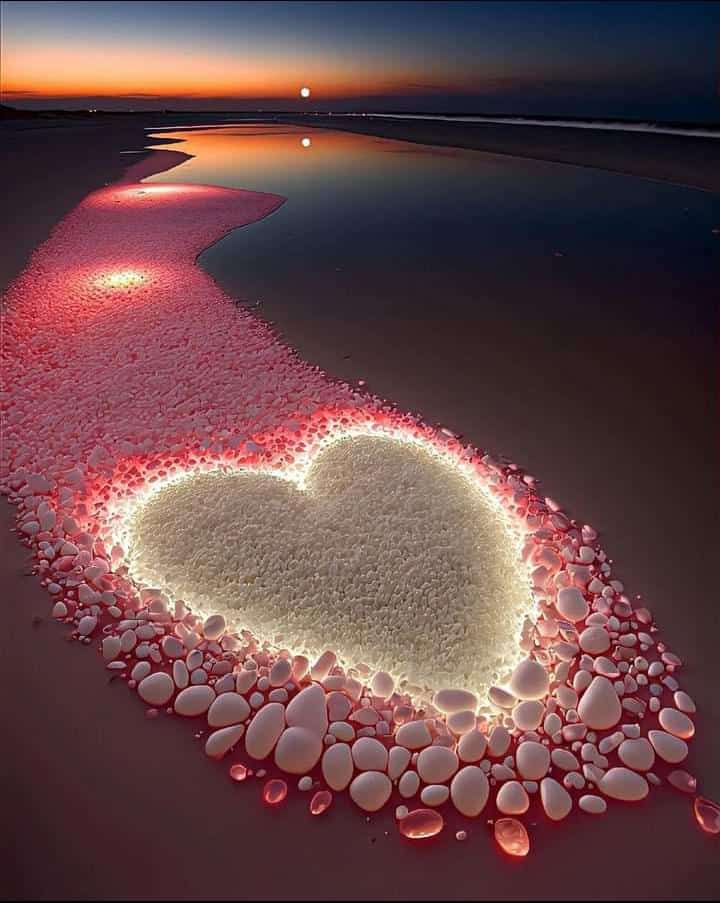
As I clutched my drenched clothes, I realised that I bled. Blood trickled down my eyes into my mouth and the taste of sorrow stung my soft palate. I am an outcast. Every time I tried to belong, I got pushed out by the majority. The inhabitants of Kampala hated me just because I didn't fit into the picture of a warrior. They concluded I could never be a fighter because I looked like a weakling. My cowardice brewed anger in their hearts towards me, their eyes piercing with hate. But what they didn't know was that I was a survivor; I had fought for so long and won somewhere beyond.
I grew up in a land where fighting was a game of survival. We were all expected to master this game so we can live eternally. Day and night, we practised with our mental coach and learnt different wrestling styles, defence mechanisms and attack gestures. I raised my foot so high every day so I can master the kinchaní kick. It was one of the most difficult moves a warrior must learn to become a renowned warrior in Kampala. I tried every time, and hard because I wanted to prove to myself and my family that I can be a warrior. Howbeit, my hamstrings had gone sore and my joints whined in pain every night.
"Jaga! When will you learn how to fight? Why are you so weak? Aren't you the son of your father? Can't you see Segé and Don? They've made their fathers proud but you are an embodiment of disgrace! Get out of my house and don't ever return until you're crowned winner of a wrestling contest or a tribe!"
That morning my father's vexed utterances broke me into a thousand pieces. I left with bitterness in my heart and a resolve never to return until I won. I needed to win. I wanted a sense of belonging. Nabalu, our sensei, took me into the thatched house where the other wrestlers lived. They all stared at me as I walked into the house. Murmurings and cursings in low whispers filled the room. They must have thought I was a threat to them but it was soon discovered that I was a weakling. I was made to wrestle with Segé that night and his last blow on my face caused a great uproar! I was defeated again.
Segé was a top-ranked warrior in the clan and that made him a tyrant. He would threaten anyone who dared him with a deadly blow and they would instinctively retreat. His blow marred my face; I lost a canine and two incisors, my nose bled for days, and I was masked with shame all through the days I lived in the wrestlers' camp. I was made to carry to the stump of shame wherever I went in the environment. It was a heavy stone tied to my leg with an inscription of "loser" in the Kampalan dialect.
Every year during the Sinkash festival in Kampala, everyone expected a visit from their loved ones from the land of the dead with a sacred stone. They could communicate with them for a full moon night until the daylight breaks the dim sky and the dead return to their abode. As usual, I did most of the work in preparation for the festival while the others practised new wrestling moves to show their visitors when they arrive.
"Jaga, the great one!" A raspy voice reverberated through the walls of the hut where I was peeling some chikwun seeds. I was startled at first, then I stood up to see who It was that mocked me.
"Jaga, the great one! When will you come home?" The voice became louder and firm.
"Who are you?" I asked with a shaky voice and I immediately regretted it. This was not what a coward should do. I was about to break into a run when a force pushed me to the wall and triggered a burning sensation in my abdomen.
"What have you done to yourself, Jaga? Who have you become? Why are you so frail, my son?"
My son? The only one who called me son was my father and his last words to me years ago did not reflect a father-son relationship. I was no man's son. I was a vagabond that existed in the earthly realm.
"How dare you call me your son?" The words came out of my mouth as a rhetorical question.
I struggled to swallow the painful lump in my throat. My tear duct had long stopped producing tears since I adapted to the life of a weakling in Kampala. The whole scenario of my father's cursing flashed before my dry eyes and I felt the burning sensation grow stronger. I let out a loud cry that almost broke my jaw and blood gushed out of my eyes. I zoned out before sensei and the warriors could save me from slumping into a trance state that would then become the beginning of endless blissful days.
My blood-stained clothes hung on the wall as I reminisced on my miserable life. I was rejected and never considered as one of them. I belonged nowhere and to no one—I was a wanderer. Thoughts of suicide lived rent-free in my feeble mind. Years back, I had imagined how my death would look like. My flesh would be torn into shreds, my eyes gorged out and my skull used as an artefact for years to come. The story of my death would be told as a bravery-themed tale; a young man who thought himself to be an outcast sacrificed his life to find his place beyond the realm earthly realm.
I picked up my khaki bag and headed for the narrow pathway behind the house. It was about time I found my place in the realm of existence. My skin was already marred with scars and my bones had grown stronger from pain, but I still felt the emptiness from everyone's hatred. I was alone and out of place here, so I set out to find my home.
I travelled many days in the harsh and unforgiving wilderness, and today, I sit as a god on the top of Jaga mountain carving oval-shaped stones from the rocks. I was crowned king of craft in this place which I found after years of searching. I finally lived in a place called home—the land of the dead. Where dead men come to me to receive oval stones as treasures for their loved ones in Kampala. I became the bridge between the living and the dead. Finally, an overwhelming sense of belonging is mine.
Loading comments...

